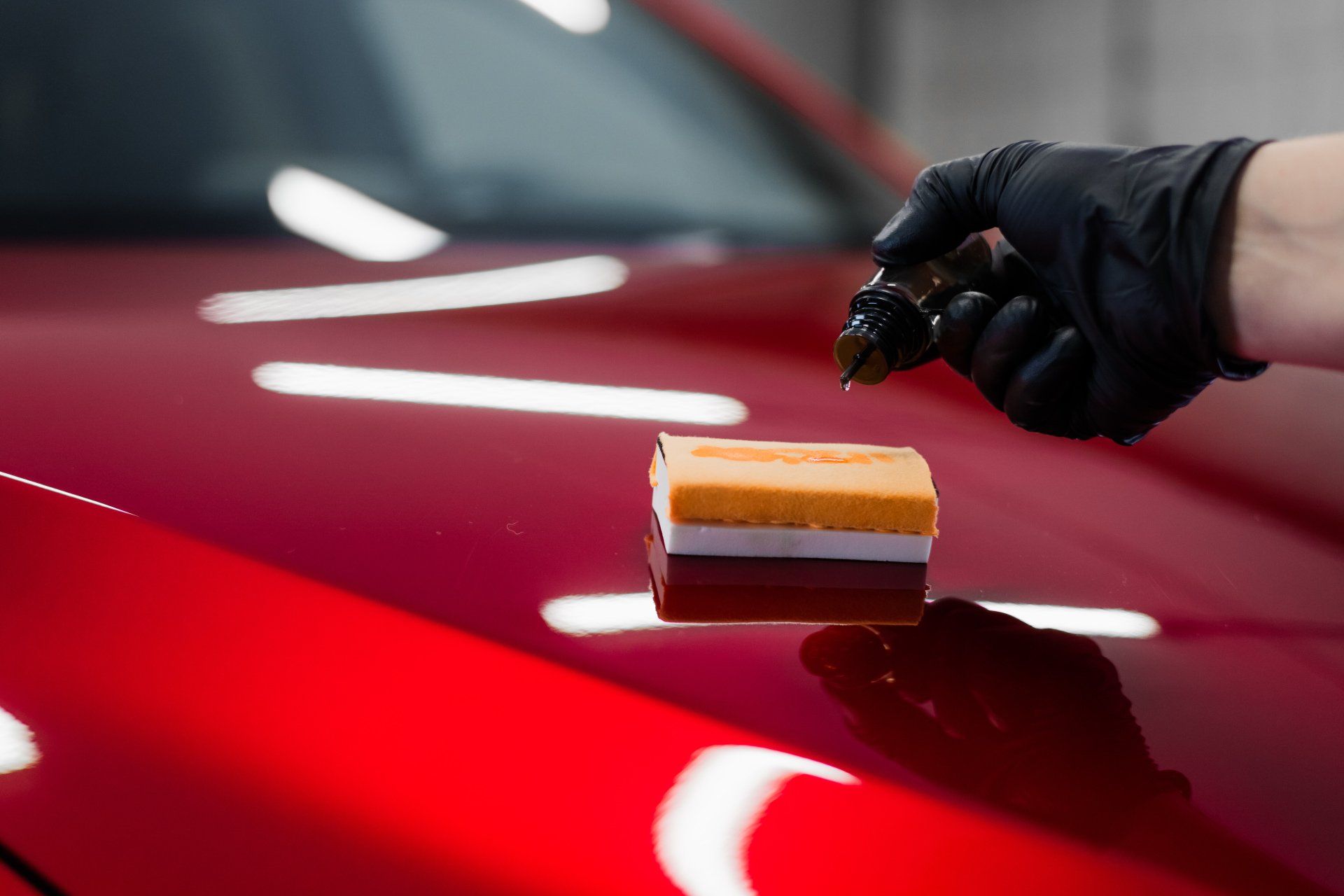Experience top-rated auto detailing for scratch removal.
Experience top-rated auto detailing for scratch removal.
Blog Article
A Comprehensive Guide to the Sorts Of Ceramic Covering on the Market
Ceramic finishings have actually arised as a pivotal option throughout numerous sectors due to their unique buildings and applications. As we explore the unique attributes and applications of these coatings, the ramifications for efficiency and durability come to be significantly obvious, increasing inquiries about which kind may best fit your demands.
Recognizing Ceramic Coatings
Ceramic coverings are innovative safety remedies that have actually obtained appeal in numerous sectors, specifically in auto and aerospace applications. These layers contain a liquid polymer that, when cured, forms a sturdy, hydrophobic layer externally of the substratum. This layer gives enhanced resistance to ecological impurities, UV radiation, and chemical direct exposure, consequently prolonging the life and aesthetic allure of the underlying material.
The fundamental part of ceramic coatings is silica, which contributes to their hardness and sturdiness. The application process usually includes surface area prep work, application of the covering, and treating, which can be accomplished via warmth or UV light. When cured, ceramic finishings show extraordinary bonding buildings, allowing them to adhere strongly to a selection of surface areas, consisting of steels, plastics, and glass.
Along with their safety functions, ceramic finishings additionally offer ease of upkeep. Their hydrophobic nature decreases the adherence of dust and gunk, making cleansing easier and much less frequent. Overall, the fostering of ceramic finishes represents a significant advancement in surface area security technology, offering both functional and visual advantages throughout numerous industries.
Kinds Of Ceramic Coatings
Different kinds of ceramic layers are available, each developed to satisfy details performance needs and applications - scratch repair sarasota. The most typical types include:
Silica-based Coatings: These layers mainly contain silicon dioxide and are known for their sturdiness and chemical resistance. They are extensively used in automobile and commercial applications.
Titanium Dioxide Coatings: Distinguished for their photocatalytic residential or commercial properties, titanium dioxide finishings are commonly used in atmospheres where self-cleaning and antifungal residential properties are preferable, such as in building materials and automotive finishes.
Zirconia Coatings: Identified by their high-temperature security and thermal resistance, zirconia finishes are used in applications such as generator engines and high-performance auto parts.
Alumina Coatings: Exhibiting exceptional solidity and thermal security, alumina finishes are often used in wear-resistant applications, consisting of cutting tools and commercial machinery. - Auto Detailing
Crossbreed Coatings: Integrating the homes of various products, crossbreed finishes provide enhanced efficiency attributes, making them suitable for unique and requiring applications.
Each kind of ceramic covering offers unique objectives, permitting users to pick the most ideal option based on certain ecological conditions and efficiency needs.
Advantages of Ceramic Coatings
Coatings play an essential duty in enhancing the efficiency and longevity of surface areas across different industries. Ceramic finishes, specifically, deal numerous advantages that make them progressively prominent amongst producers and consumers alike. Among the primary benefits is their phenomenal longevity. These finishes are resistant to scratches, chemicals, and UV rays, ensuring that the underlying surface stays safeguarded in time.
In addition to durability, ceramic coverings give superb hydrophobic residential properties, permitting simple cleaning and maintenance. This water-repellent nature lessens the adherence of dust, crud, and various other impurities, which can lengthen the visual charm and performance of the surface. Moreover, ceramic finishes can dramatically boost thermal resistance, making them ideal for applications that endure heats.

Application Refine
When using ceramic coverings, a thorough technique is necessary to achieve ideal results. The application procedure generally starts with extensive surface preparation. This involves washing, sanitizing, and polishing the surface area to remove all contaminations, including dust, grease, and prior waxes or sealers. A clean surface ensures appropriate attachment of the finishing.
When the surface area is prepped, the following step is to apply the ceramic layer. The coating ought to be used in slim layers, as thicker applications can lead to uneven surfaces.
After application, the layer requires a particular treating time, normally ranging from a few hours to a complete day, depending on the item. During this time, it is crucial to stay clear of direct exposure to moisture or impurities. A mild buffing may be needed after curing to improve the gloss and remove any kind of high areas. Following these steps diligently will make best use of the performance and long life of the ceramic layer, giving a long lasting safety layer for the surface.
Upkeep and Durability
To guarantee the longevity and performance of a ceramic covering, routine upkeep is important. Ceramic layers, known for their sturdiness and safety qualities, require certain treatment regimens to maximize their life expectancy and efficiency.
In addition to regular washing, regular inspections are important. Try to find signs of wear or damage, such as hydrophobic properties decreasing or surface area blemishes. If necessary, a light polish may be applied to invigorate the finish without removing it away.
Furthermore, the application of a booster spray can enhance the finishing's hydrophobic results and recover its gloss. This is have a peek at these guys particularly advantageous for coverings that have been in usage for a prolonged duration. Inevitably, by sticking to these upkeep practices, one can substantially expand the life of a ceramic finishing, making sure that it proceeds to offer optimum protection versus ecological factors and preserve the visual appeal of the automobile.
Conclusion

Report this page